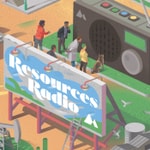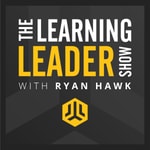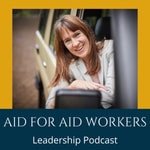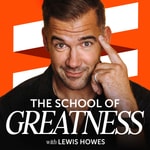Resources Radio – Details, episodes & analysis
Podcast details
Technical and general information from the podcast's RSS feed.

Resources Radio
Resources for the Future
Frequency: 1 episode/7d. Total Eps: 347

Recent rankings
Latest chart positions across Apple Podcasts and Spotify rankings.
Apple Podcasts
🇨🇦 Canada - government
26/07/2025#96🇨🇦 Canada - government
25/07/2025#80🇨🇦 Canada - government
24/07/2025#56🇨🇦 Canada - government
23/07/2025#65🇨🇦 Canada - government
22/07/2025#43🇺🇸 USA - government
22/07/2025#99🇺🇸 USA - government
21/07/2025#99🇺🇸 USA - government
20/07/2025#100🇩🇪 Germany - government
12/07/2025#96🇩🇪 Germany - government
11/07/2025#84
Spotify
No recent rankings available
Shared links between episodes and podcasts
Links found in episode descriptions and other podcasts that share them.
See all- https://jamesclear.com/atomic-habits
569 shares
- https://wck.org/
342 shares
- https://supportlafd.org/
289 shares
RSS feed quality and score
Technical evaluation of the podcast's RSS feed quality and structure.
See allScore global : 59%
Publication history
Monthly episode publishing history over the past years.
Power Flows: Understanding the Barriers to Electricity Transmission, with Catherine Hausman
mardi 10 septembre 2024 • Duration 29:45
Implications of the Supreme Court Overturning the Chevron Decision, with Daniel Farber
samedi 31 août 2024 • Duration 31:04
Teaching and Mentoring in Environmental Economics, with Jill Caviglia-Harris
dimanche 30 juin 2024 • Duration 28:18
Getting to a Net-Zero Resilient Economy, with Billy Pizer
lundi 10 octobre 2022 • Duration 30:34
A Global Look at Urban Air Quality, with Pallavi Pant
lundi 3 octobre 2022 • Duration 35:56
The Latest in Nuclear Energy Innovation and Deployment, with Alex Gilbert
lundi 26 septembre 2022 • Duration 32:15
Diving In: Who Has Clean Water in the United States?, with Gregory Pierce
lundi 19 septembre 2022 • Duration 33:53
Unveiling Hidden Energy Poverty, with Destenie Nock
lundi 12 septembre 2022 • Duration 37:15
A New Social Cost of Carbon, with Brian Prest and Kevin Rennert
lundi 5 septembre 2022 • Duration 29:55
Sweet Fuel: How Sugar Came to Power Brazil’s Vehicles, with Jennifer Eaglin
lundi 29 août 2022 • Duration 29:05









